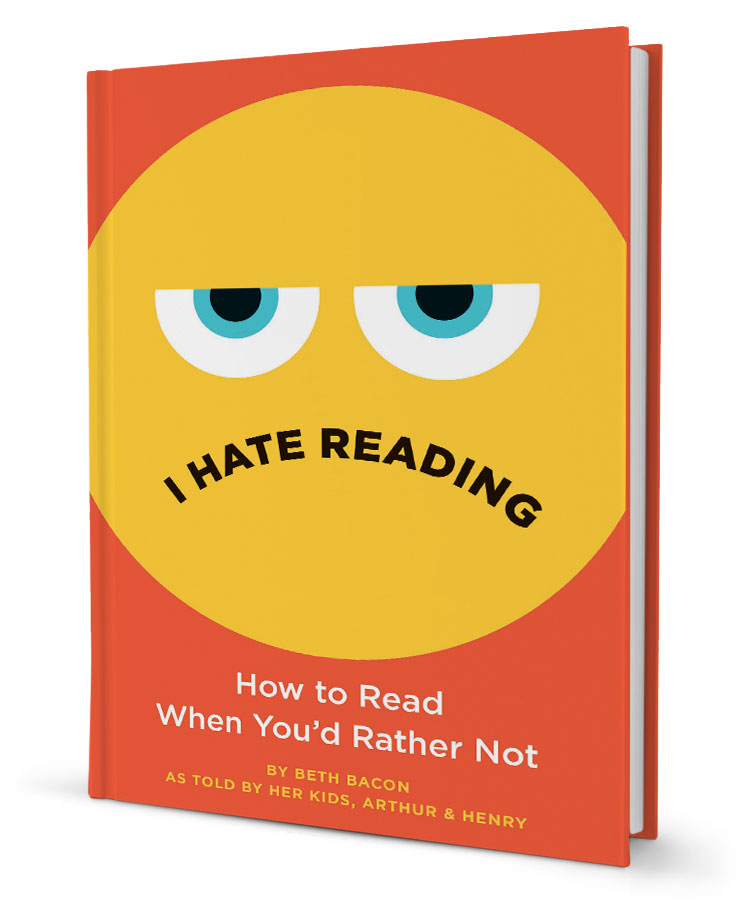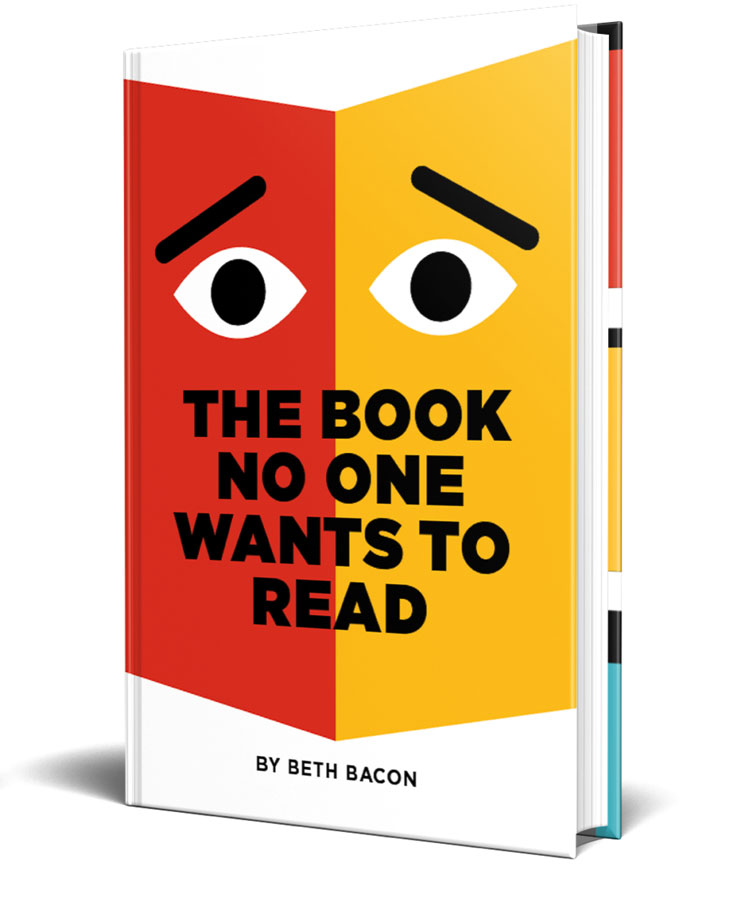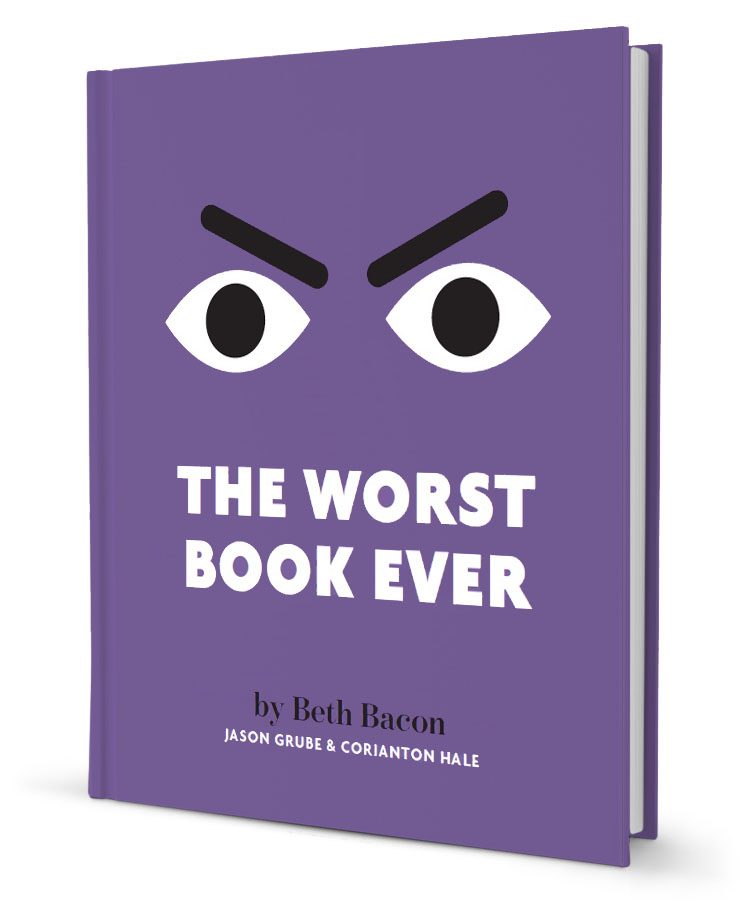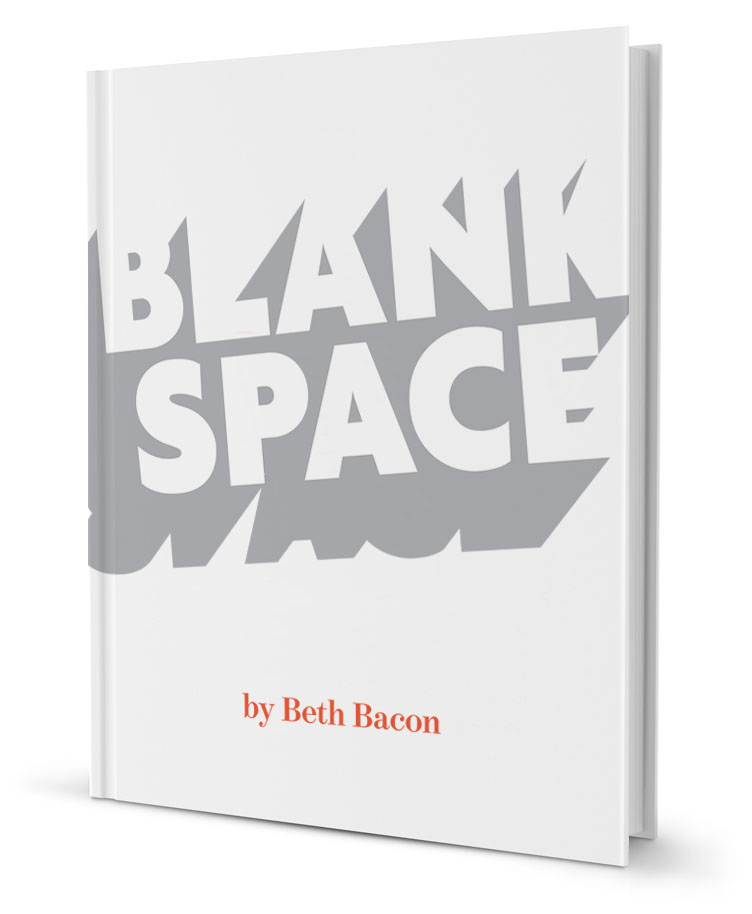 If you’re a librarian or teacher looking to read a book that sparks a discussion with lower elementary students about Banned Books Week, check out The Worst Book Ever by Beth Bacon. The story brings up misconceptions about bad behavior and why books are banned. In The Worst Book Ever, the book is hoping to be banned by a librarian. It does everything it can to “convince a librarian to notice me” for being “bad.”
If you’re a librarian or teacher looking to read a book that sparks a discussion with lower elementary students about Banned Books Week, check out The Worst Book Ever by Beth Bacon. The story brings up misconceptions about bad behavior and why books are banned. In The Worst Book Ever, the book is hoping to be banned by a librarian. It does everything it can to “convince a librarian to notice me” for being “bad.”
Does the book achieve its goal of earning a spot on the banned books list? You have to read it to find out. The message is communicated in a funny, fictional way meant to generate conversation and make kids think.
The Worst Book Ever subverts the idea of what a “good” book is supposed to be. In the process, it helps kids understand that librarians are advocates for all books—even those that gain notoriety for elements that some people disapprove of.
My friend, librarian Tirzah Price, told me, “Every year at Banned Books Week, the inevitable question from every other patron is, ‘Who banned these books?’ We [librarians] work really hard to educate patrons that we, librarians, don’t ban them but books are challenged by patrons or parents repeatedly throughout the year and throughout the country. According to ALA, 73% of challenges are from parents or patrons, and 8% are from teachers or librarians.”
The main character in the Worst Book Ever is misguided about the fact that librarians want books to be available to all. Throughout this story, Worst Book makes faulty assumptions about librarians’ expectations and their role in banning books. (“Worst Book” is the best name I can come up with for the main character, who is also the book itself. Yeah, this book is meta.)
In one instance, Worst Book assumes that librarians would have a problem with words like barf, booger, and butt. A lot of kids assume that adults in general don’t like those words. But the fact is, most librarians I know are very tolerant of all kinds of words—even the fun, silly, gross words that delight lower elementary aged kids. Overall, librarians are the biggest advocates I know of allowing the freedom of speech.
 In the story, Worst Book says, “I’ve heard librarians don’t like noise.” On the contrary, librarians are happy to hear noise when it’s an appropriate response to story time in a designated “story time” space. It’s not okay, however, for kids to act rowdy in the quiet area of the library. Librarians, who welcome all to their space, can welcome everyone only when all present are respectful each other. Librarians want kids (and everyone) to be respectful of the behavioral rules of the place where they are—that’s different from putting their finger in front of their lips and shushing everyone around them.
In the story, Worst Book says, “I’ve heard librarians don’t like noise.” On the contrary, librarians are happy to hear noise when it’s an appropriate response to story time in a designated “story time” space. It’s not okay, however, for kids to act rowdy in the quiet area of the library. Librarians, who welcome all to their space, can welcome everyone only when all present are respectful each other. Librarians want kids (and everyone) to be respectful of the behavioral rules of the place where they are—that’s different from putting their finger in front of their lips and shushing everyone around them.
The book tries to make up big words that librarians can’t find in the dictionary, hoping that’ll frustrate the librarians. The mistake that the book makes is that it thinks librarians are sticklers for precision. In fact librarians love words: old words, precise words, and new words as well. Language is a dynamic tool that we all use to express ourselves and describe the world. So when the world changes, our words change too. No one knows that more than librarians. Sorry, “Worst Book,” you’re mistaken once again because librarians love zany words.
The irony here, and the twist that the book builds up to at the end, is that the book is celebrated rather than reviled for all of the actions that it thinks librarians disdain: being noisy, using “bad” words, making up new words, among other things.
 By the final pages of the story, the main character—and the readers, too—reverse their faulty assumptions about banned books. Instead of shunning this “bad” character, the librarian in this book honors its energy, its creativity, and its spunk. Ultimately, readers come to realize that librarians aren’t the ones dictating what we read. Librarians are the people empowering us to read.
By the final pages of the story, the main character—and the readers, too—reverse their faulty assumptions about banned books. Instead of shunning this “bad” character, the librarian in this book honors its energy, its creativity, and its spunk. Ultimately, readers come to realize that librarians aren’t the ones dictating what we read. Librarians are the people empowering us to read.
FYI: Banned Books Week is held during the last week of September every year. It began in 1982 and is dedicated to overcoming the challenges to books that silence the voices of authors and prevent readers from accessing books. This event makes me wonder, why don’t we let all books be available… and allow readers to form their own opinions?





0 Comments